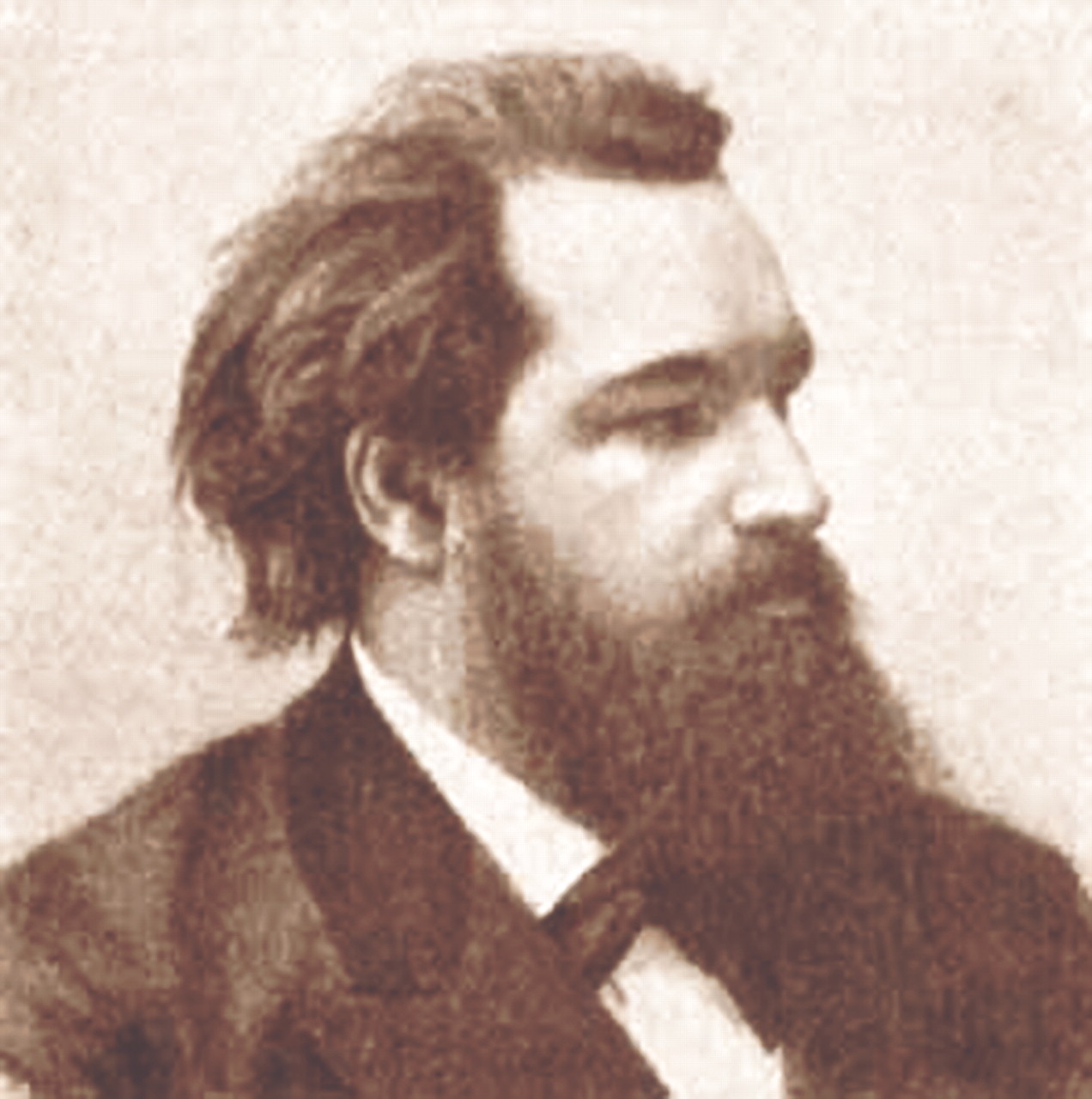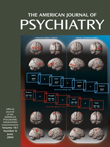Sergej Sergejewitsch Korsakow was born in 1854 in the little village of Gus-Chrustalny, 250 km south of Moscow. His father was an administrator in a big crystal factory, for which the village was known (“chrustal” means crystal). At the age of 16, he finished high school, having earned the “golden medal” for academic excellency. After studying medicine at Moscow University (1870–1875), Korsakow worked for a year at the Preoprashenki psychiatric hospital. He continued his residency training at a famous neurological institute run by the epileptologist Kojewnikow. His fellow residents included Darkschewitsch (of the Darkschewitsch nucleus), Roth (of Roth’s disease and meralgia paresthetica), Rossolimo (of the Rossolimo reflex), and Minor (of the
epiconus minori and the Minor sweat test).
Afterward, he returned to the Preoprashenki psychiatric hospital, where he worked until 1879. His interests lay more in neurology than in psychiatry though, and he was convinced that all psychiatric disorders could be deduced to dysfunctions in brain activity. He refused to accept psychopathological interpretations of mental dysfunction: “Basic scientists must regard psychiatric disturbances as very complex reflexes”
(1). Based on this conviction, he started investigating neurological disturbances related to alcohol abuse. In 1887, he published his famous article titled “Polyneuritic Psychosis With Disturbance of Memory and Pseudoreminiscences,” which earned him worldwide fame, and the condition was renamed “Korsakow’s Disease” shortly after its first publication
(2).
Nevertheless, Korsakow’s academic life in Russia was difficult. In 1898, he finally became professor and head of psychiatry at the University of Moscow. By that time, he had traveled extensively in Europe and had met Emil Kraepelin, Paul Flechsig, Richard von Krafft-Ebbing, and Arnold Pick.
During his time, Korsakow was the most popular psychiatrist in Moscow. Patients liked him for his empathic manner, and his residents admired his diagnostic skills. Despite or maybe
because of his biological approach to psychiatric disorders, he was one of the protagonists of the “no-restraint” method in psychiatric hospitals and urged his residents to “treat the patients as human beings” and to be “interested in their biography”
(3). He also introduced physical examinations to the psychiatric diagnostic routine to link psychiatry to physiology and neurology. For more than 20 years, Korsakow’s 1893 textbook on psychiatric disorders was the gold standard for medical students and residents
(1).
Korsakow died of heart disease at age 46. In the same year, he had founded the Journal of Neurology and Psychiatry S.S. Korsakow, which is still the leading psychiatric journal in Russia.


